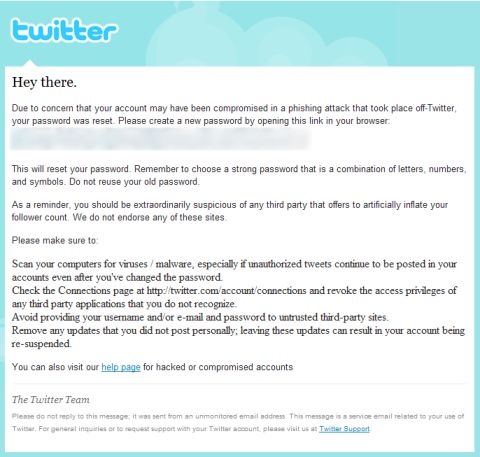Facebook, Twitter, MySpace, your blog… these and countless other websites and social networking hubs share one thing in common, and that is each one of them lets it’s users write and promote their current status. That status is usually something relatively innocuous: What a person is having for lunch, what they did the night before, or maybe even some LOLcat links.
These kind of status updates aren’t a problem, but as we become more used to posting the details of our daily lives there’s an inherent danger in over-exposing ourselves, our family, or our jobs to the public. From something as simple TMI to talkin’ trash, there are many degrees of “you shouldn’t post that online”. Here are a few standouts:
- Zip your lip about work.
Nothing online gets you fired faster or in hot water easier than leaking sensitive company information, trash talkin’ about your boss, or revealing co-worker secrets. Leave work stuff at work, and keep personal stuff personal.
- Keep kids out of sight!
Keep any info about your kids as much out of the public view as possible. Don’t use Foursquare from their school (do you really want the mayorship of a school, anyhow?!), don’t use their last names in blog posts, and make sure that pictures of them don’t have identifiable info in the background like street addresses and things of that nature.
- Travel first, tweet later.
Going on a vacation? Great! Just be sure to blog, tweet, or leave a comment online about it after the fact. Online criminals are looking for empty houses from the comfort of their homes instead of casing neighborhoods, so don’t blog yourself into an empty house. Do a post-trip post if you must, so that you’re not dangling fresh bait in front of the bad guys.
- Who’s looking at your stuff?
You constantly hear about how some online service is having troubles with their privacy settings, or is changing how things work. Make it a point to re-check your viewing permissions and be sure to set them so that only people who you want to see your profile can see you.
Bottom line? Be careful what you post. What your write as your Facebook (Twitter, blog, etc.) status can come back to bite you in a big way.
If you're looking for great anti-virus software that won't break the bank, try StopSign. You don't pay extra for tech support for difficult malware, and our web protection software just works. Download & install StopSign to find out why our members choose us over the other options.








Recent Blog Comments